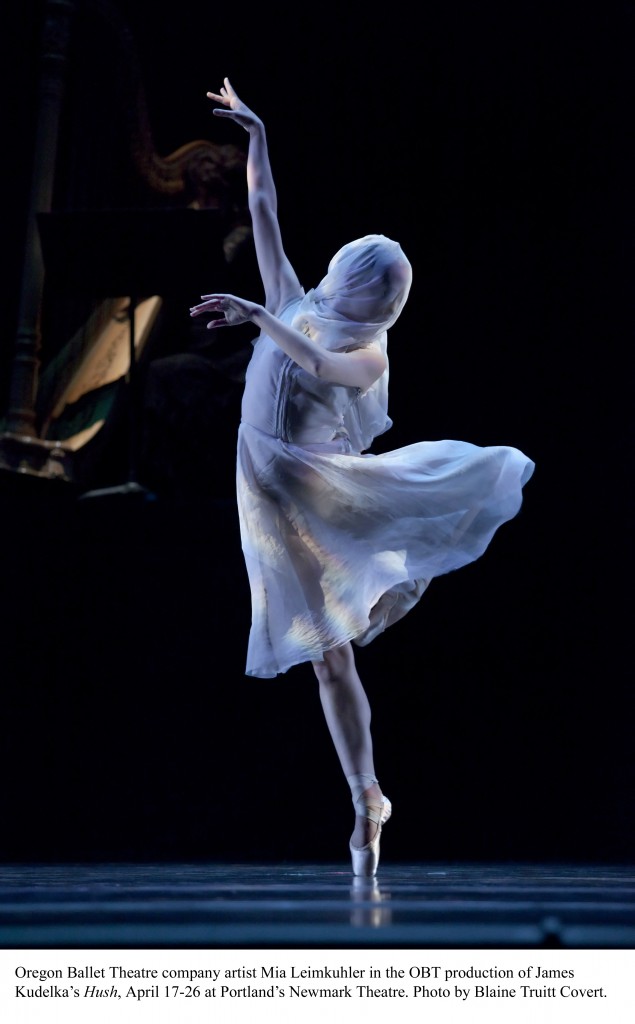
On Saturday morning I picked up my newspaper and saw on the front page a photo of President Obama, smiling easily and looking down at, but not down on, Hugo Chavez. The American president is shaking hands with the Venezuelan president, a man who ordinarily makes great political hay from being seen and heard as a bellicose opponent of the United States and its political leaders. Chavez, too, has the sort of smile that seems genuine and not faked for the cameras (although who can say for sure in either case — these are politicians), and a semicircle of unnamed onlookers at the Western Hemisphere summit meeting in Port of Spain, Trinidad and Tobago, seems equally charmed.
 Yes, charmed. And I thought, this is policymaking outside the channels of policy. Here, in Obama, is a man utterly at ease inside his own skin. That’s why people respond to him. Because he’s comfortable with himself.
Yes, charmed. And I thought, this is policymaking outside the channels of policy. Here, in Obama, is a man utterly at ease inside his own skin. That’s why people respond to him. Because he’s comfortable with himself.
My eye lingered on this photograph because the night before I’d seen Peter Morgan’s play Frost/Nixon at Portland Center Stage, and if there ever was a leader who was uncomfortable inside his own skin, it was Richard Nixon. Actor Bill Christ, in Rose Riordan’s smooth and entertaining production, makes this as clear as can be. He offers a Nixon who is inordinately intelligent and funny in the driest possible way, but who’s so clumsy he gives even himself the heebie-jeebies. He’s not smooth, he’s not sexy, he can’t do small talk. If he were a language he’d be German, not French. Nixon was actually savvier even than JFK about the power of the television camera but he couldn’t take advantage of it because he didn’t have the goods: He could only mitigate the camera’s effect by understanding how it works. Nixon knew that in the charm game he would always be an outsider looking in, and he resented it deeply. It fed his combativeness, his sense of the Other, of us versus them, of his bitterness of the East Coast elite’s patronizing of him, of being the guy who knew all the strategies and did all the dirty work but was barely allowed in the game.
I was young when Nixon bulldozed back into power in 1968 with his “secret plan to end the war,” and I despised him with all the moral certainty that only the young can summon. It was an extension of my detestation for Lyndon Johnson: How could these men be such liars and murderers? Over the years I’ve come to think of both instead as tragic figures. Here were leaders who could have been great — indeed, who were great in certain ways — but who were destroyed by their own hubris. Over time I might change my mind about this, too, but I now think of Nixon and Johnson as tragic in a way that George W. Bush can never be, because Bush lacked the capacity for greatness: His limitations made him instead something on the order of an oversized and disastrously effective school bully.